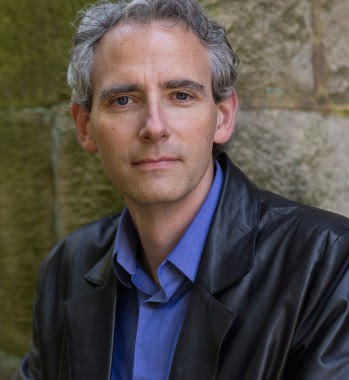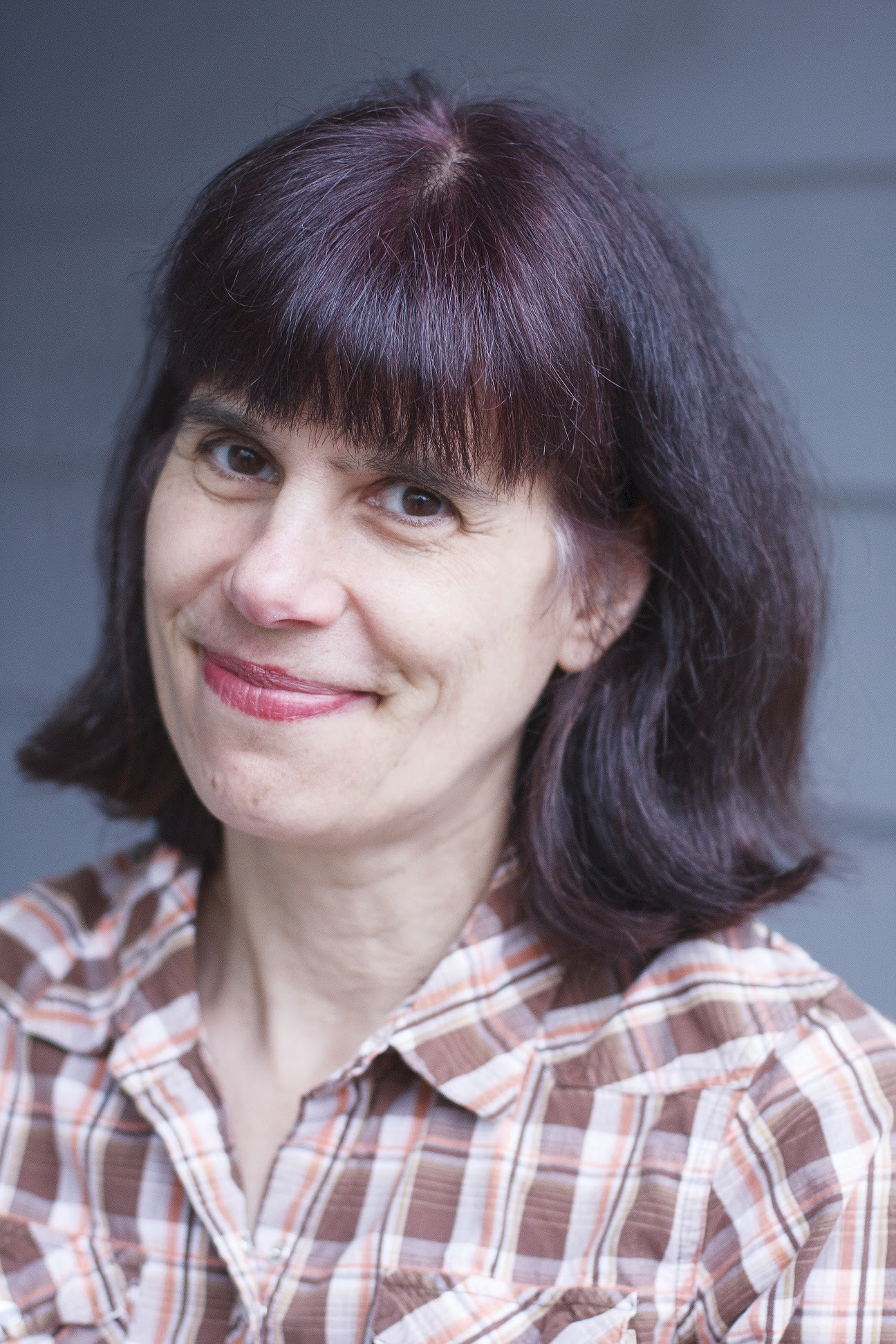As many of you know, we regularly interview authors on the Huffington Post. There’s one question we always like to ask: What advice do you have for writers? Below, we’ve culled some of our favorite answers. These gems might just help you get through another writing day!
Irvine Welsh: If you think about the market you are in a very different game. Write what you want to write; work out how it sell it when it’s done.
Click here to read Irvine’s full interview.
Jenny Milchman: If I had to boil all advice down to one single nugget it would be this: Know that anything we write can always use more work. It is never as good or done as we think it is. Critical feedback is like gold. Whether we accept it or not. Hearing different takes on what we create is the only way we will make it appeal to a broad range of readers. And that’s what we’re all hoping for, isn’t it? That’s why we write and read. To find the story that will carry us away.
Click here to read Jenny’s full interview.
Lance Rubin: Here’s my two cents: whether you’re published or not, you need to start operating as if you’re a published writer. Make writing a part of your daily routine, as if it’s your job. Don’t wait for inspiration to strike; just sit down and do the work every day. If you don’t take yourself seriously in this way, then the universe won’t be able to, either.
Click here to read Lance’s full interview.
Jerry Stahl: My only advice: don’t listen to me.
Beyond that, I don’t give advice. My experience, however, is if writing about your life (or writing in general) is a choice, you probably don’t need to be doing it. If, however, you’re doing this… thing–and are compelled to keep doing it–then you probably wouldn’t listen to anybody anyway. From the time I was 16 on, I had people telling me not to write, to get a day job, etc… etc… If I could have, I would have. But I have no particularly marketable skills, so of course I became a writer. I admire people who can come up with gimmicky ideas and make a shit-ton of money. I just don’t find them particularly interesting. At the end of the proverbial day, I’m always gonna take Raskolnikov over Romney.
Click here to read Jerry’s full interview.
Ylonda Gault Caviness: You’ve gotta go for what you know. It’s the only way to be truly authentic. And if people don’t get it, the hell with them. You have to keep on keeping on.
Click here to read Ylonda’s full interview.
Andy Ross: For writers of literary fiction, most of it won’t find a publisher. If I’m representing you, you are good enough to get published. But commercial publishing is a business. You have to be good, but that isn’t enough. They usually make decisions more for marketing reasons than for aesthetic reasons. Rejections are a big part of this business. Learn to live with it and keep writing. If you are writing memoir, it’s often even harder to find a publisher. Remember that the journey is the destination. Or as Camus famously said: “The struggle itself is enough to fill a man’s heart.”
Click here to read Andy’s full interview.
Stephen Mooser: My advice is for the new writer just entering the field. The competition is stiff–publishers get tens of thousands of manuscripts every year so you have to give them something that they have never seen before. I go to the movies once a week and I enjoy many of them, but most of them are just a variation on a theme–but every once in a while I see something that knocks me out–Star Wars, Pulp Fiction, Moonrise Kingdom were for me those films. If you come up with something fresh, whether a story idea or a character or an art style, you will sell that book even if you don’t have a track record or an agent. So, think hard, study hard and work hard and you will succeed–I promise you–in my forty plus years of children’s books I’ve seen that hundreds of times.
Click here to read Stephen’s full interview.
Bruce Holsinger: Keep writing, keep writing, keep writing, and don’t spend time fretting about a publishing industry that doesn’t recognize your genius. It took me fifteen years and two manuscripts in the drawer to get a novel picked up. All the clichés about persistence are true!
Click here to read Bruce’s full interview.
Judith Fertig: Adjust your book as you go along. You may start writing and a new character can appear or a plot twist present itself or something equally surprising can occur when you’re into it. AND join a good writers group. Feedback is so important.
Click here to read Judith’s full interview.
Jon Pressick: Start a blog. Have a public space you write in and contribute to it often. Let people know they can read it. Encourage feedback. Fight for your words when people critique you…but at the same time take time to learn and admit as much when you fail. Write without shame, but don’t shame others. Work hard at finding your voice, your technique and your power. You have it, find it.
Click here to read Jon’s full interview.
Cathy Camper: One crucial tip I’ll pass on is that so much of the quirky DIY stuff I did for many years for free ended up being what led to this book. For example, for decades I’ve written reviews of books for School Library Journal, Kirkus and Lambda Literary. I’ve also written and published zines and supported them as a zine librarian. I didn’t see it until now, but those things not only honed my writing skills, they created two huge support networks of people who knew my work. The adventures I’ve had and the people I’ve met via DIY vs. mainstream connections are equal. Don’t underestimate the value of what you do just because it’s not mainstream.
Also, as a librarian, I’d tell writers, don’t write in a bubble. Be aware of the market your book will fall into, its audience, and the reason why people will read it. If you’re going to spend time writing a book, do research, talk to librarians and bookstore folk about what people are reading, read other books in your category so you’ll know who your competition is. Think about what would make a publisher sink time and money to back your work. Your book may fall in a large category everyone already reads or it might be the first to fulfill a long-felt need, but that should to be part of your pitch, and an intrinsic part of the book you write.
Click here to read Cathy’s full interview.
Join our newsletter to receive more interviews and tips on how to get published.











